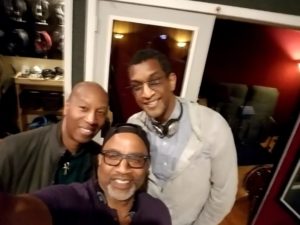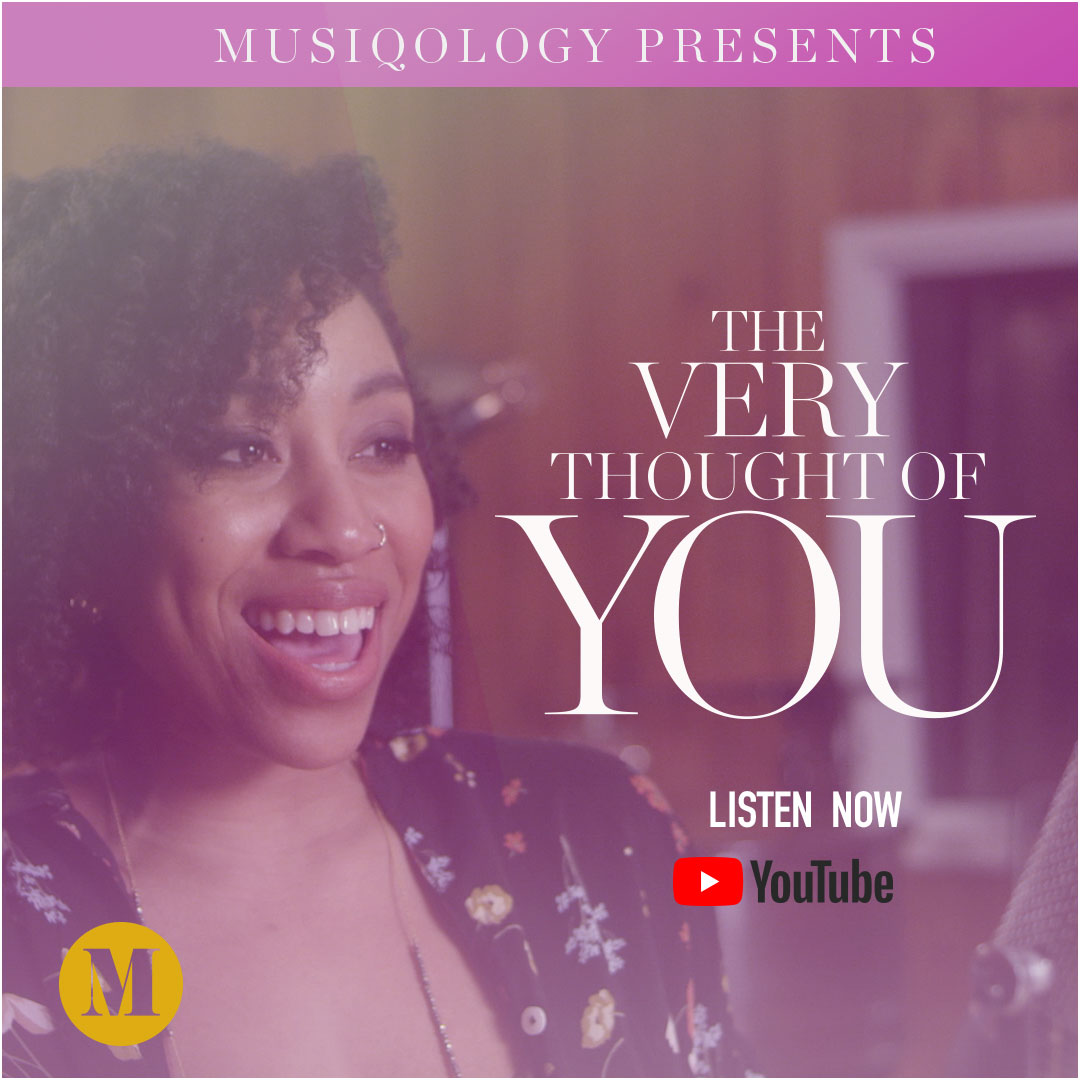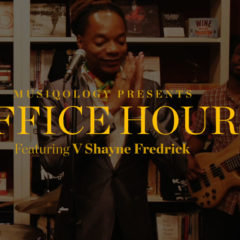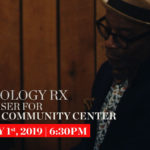While every day is a celebration of African American and Afro-Diasporic music here at MusiQology, the White House once again declared June to be the month where the nation recognizes the contributions of black artists from Bud Powell to Beyoncé and everyone in between.
Thanks to the efforts of Kenny Gamble, Ed Wright, and Dyana Williams, who successfully lobbied President Jimmy Carter, each June is a celebration of the contributions of black and brown artists. The first declaration occurred on June 7, 1979, after seven years of lobbying after President Nixon’s 1972 declaration of October as Country Music Month sparked the organizing efforts. While the declaration of course bore the Presidential seal, it took more than twenty years for the House to recognize the decree, with a resolution “Recognizing the importance of African-American music to global culture and calling on the people of the United States to study, reflect on, and celebrate African-American music” coming in 2000.
Since then, many presidents have recognized the month, including the current President, whose brief statement highlighted the contributions of Chuck Berry, Dizzy Gillespie, and Ella Fitzgerald. It’s a conservative and “safe” list, to be certain, but it is better than nothing.
So as we at MusiQology, too, recognize the contributions of our musical bandmates, influences, and heroes, we will work hard, as always, to affirm the full and complete humanity of black artists and artists of the African diaspora.
Dr. Guy contributed some thoughts on his personal Facebook page in advance of his well-received shows at South, the hottest jazz club in Philadelphia. These words connect his musical past and present—a genealogical orientation that has always run through Guy’s work. We thought it fitting to share those thoughts this month.
The Past Made Present
Meet two of my oldest musical comrades, Lonnie Plaxico and Rod Preacherman McGaha We were in our teens when we first played together in Chicago. I was the first to have a car—an old fix-or-repair-daily, Ford. It was the late 1970s. Every week we went to the late, great Von Freeman’s Monday and Tuesday night jam sessions. One night, the hood popped up onto the windshield on our way to play on I-57, the Dan Ryan Expressway. We hopped out, tied it down, and kept going. They went on to play with greats like Art Blakey, Max Roach, Clark Terry, George Duke, Cassandra Wilson, and many others. I went the professor route. Forty years-plus of friendship, and they’re still sounding great and teaching me. I called, and they both said yes to playing with me this weekend at South Jazz Lounge in Philly. I’ve dreamed of this. There’s a lot of love here.
Today’s Playlist
This is a good one, a current obsession. The song was first released by one of its co-writers, Bernard Wright (Roberta Flack’s son) in 1985. The other writer, Lenny White, the great jazz fusion drummer, released it again on a UK label with a more malleable rhythmic flair (hear the hint of Latin in the intro and the interlude?). Chaka Khan, the funky-fusion-jazzy diva, provides an excellent way to shape the emotional contour of a vocal: hear how she gradually widens the timbral and vocal range throughout the arrangement. A real pro behind the mic—she reserves any hint of tension and squall until she’s ready to do some vocal painting. Michal Urbaniak gets a solo and Wright throws in some flourishes near the end. Chaka’s “hoot-ah-ee-yah-ah” at the end sounds like a Count Basie shout chorus. The loopy chord progression that comprises the verse and chorus (C-minor/A-flat/B-flat/ G-major) made it appealing as the track for LL Cool J’s “Loungin.” But the present version has a harmonic change on the bridge, a gesture that hip-hop era production values would shun. This song is a journey with a whole lot of extra-genre shot throughout. Check it out!
And lastly, we’d like to reprint the majority of President Barack Obama’s statement from last year, an elegant statement of the centrality of music to our lives.
“A vital part of our Nation’s proud heritage, African-American music exemplifies the creative spirit at the heart of American identity and is among the most innovative and powerful art the world has ever known. It accompanies us in our daily lives, and it has rung out at turning points in our history and demonstrated how our achievements as a culture go hand-in-hand with our progress as a Nation. During African-American Music Appreciation Month, we honor the artists who, through this music, bring us together, show us a true reflection of ourselves, and inspire us to reach for the harmony that lies beyond our toughest struggles.
Songs by African-American musicians span the breadth of the human experience and resonate in every corner of our Nation — animating our bodies, stimulating our imaginations, and nourishing our souls. In the ways they transform real stories about real people into art, these artists speak to universal human emotion and the restlessness that stirs within us all. African-American music helps us imagine a better world, and it offers hope that we will get there together.
This month, we celebrate the music that reminds us that our growth as a Nation and as people is reflected in our capacity to create great works of art. Let us recognize the performers behind this incredible music, which has compelled us to stand up — to dance, to express our faith through song, to march against injustice, and to defend our country’s enduring promise of freedom and opportunity for all.”


 Share On Facebook
Share On Facebook Tweet It
Tweet It








